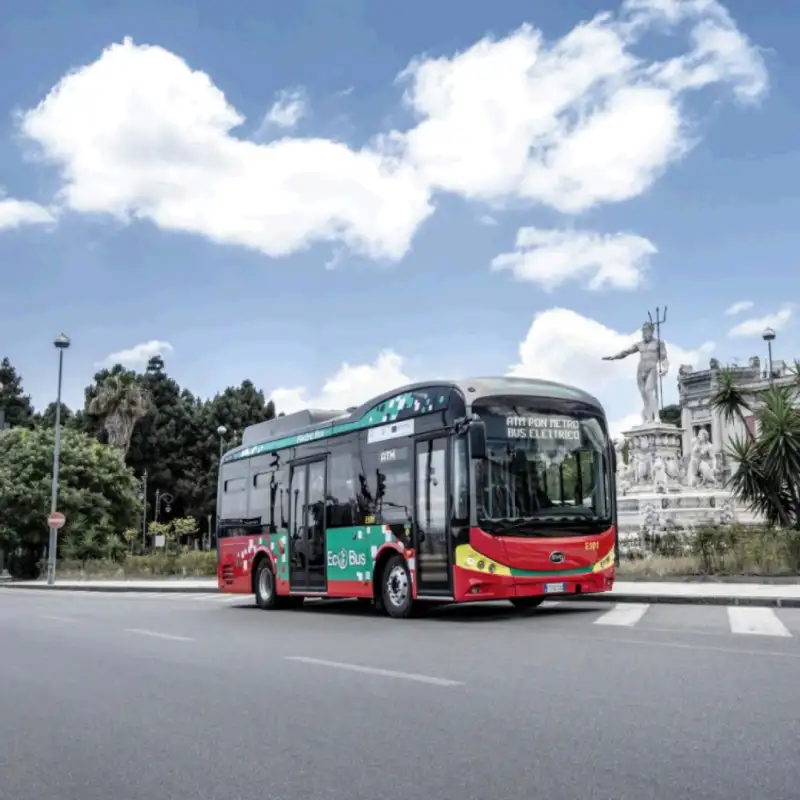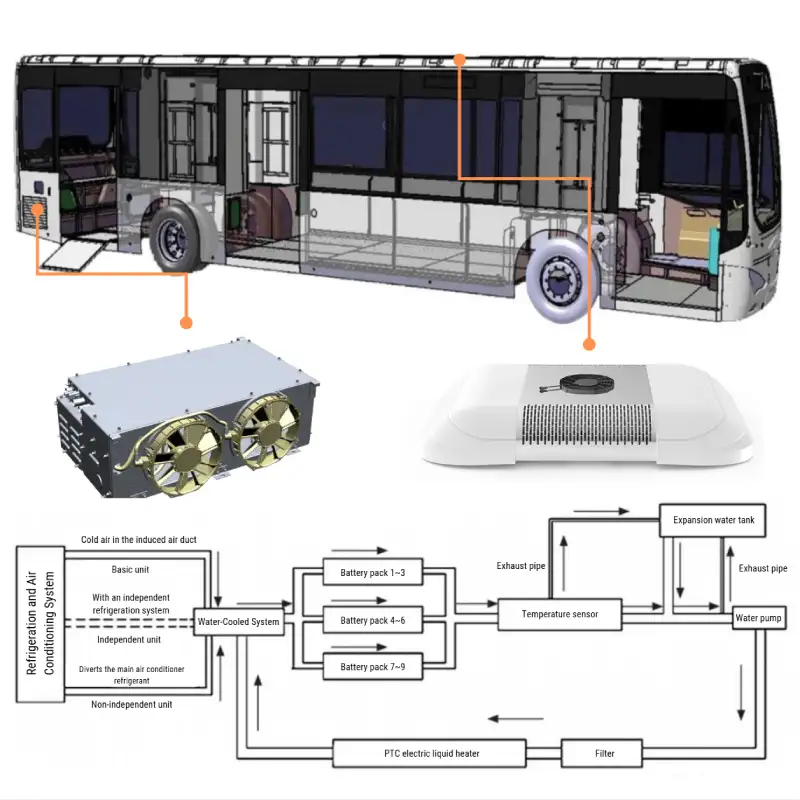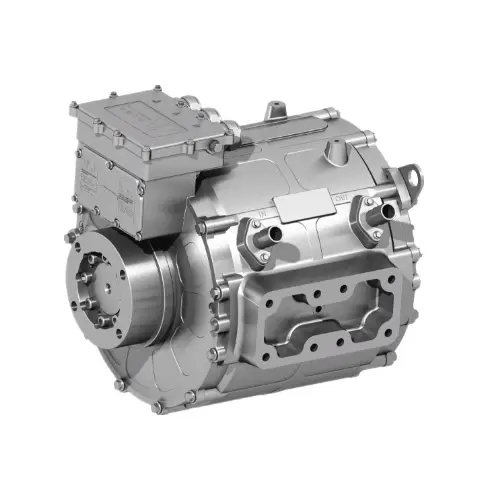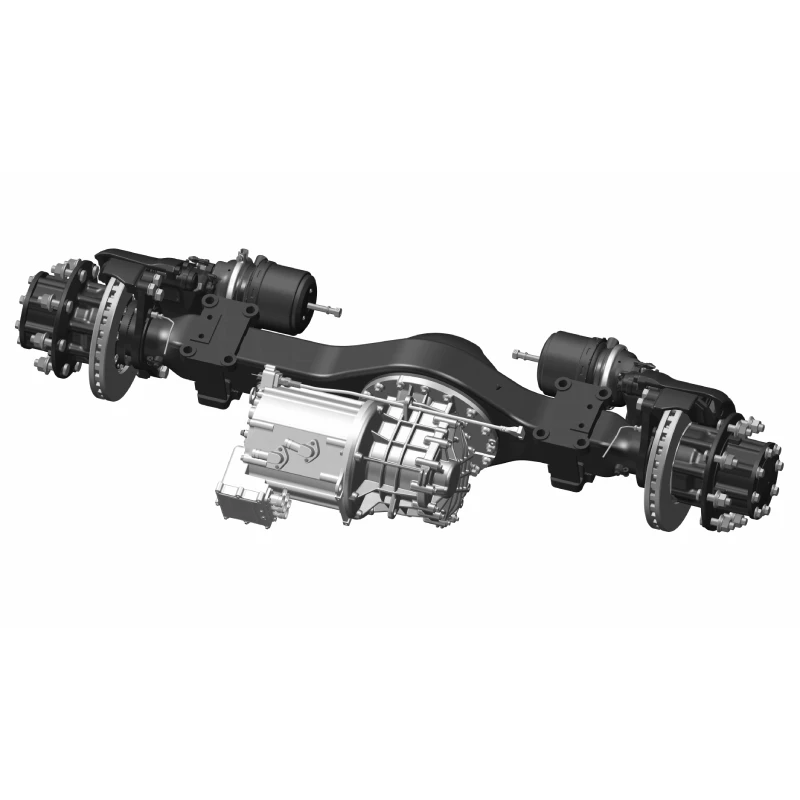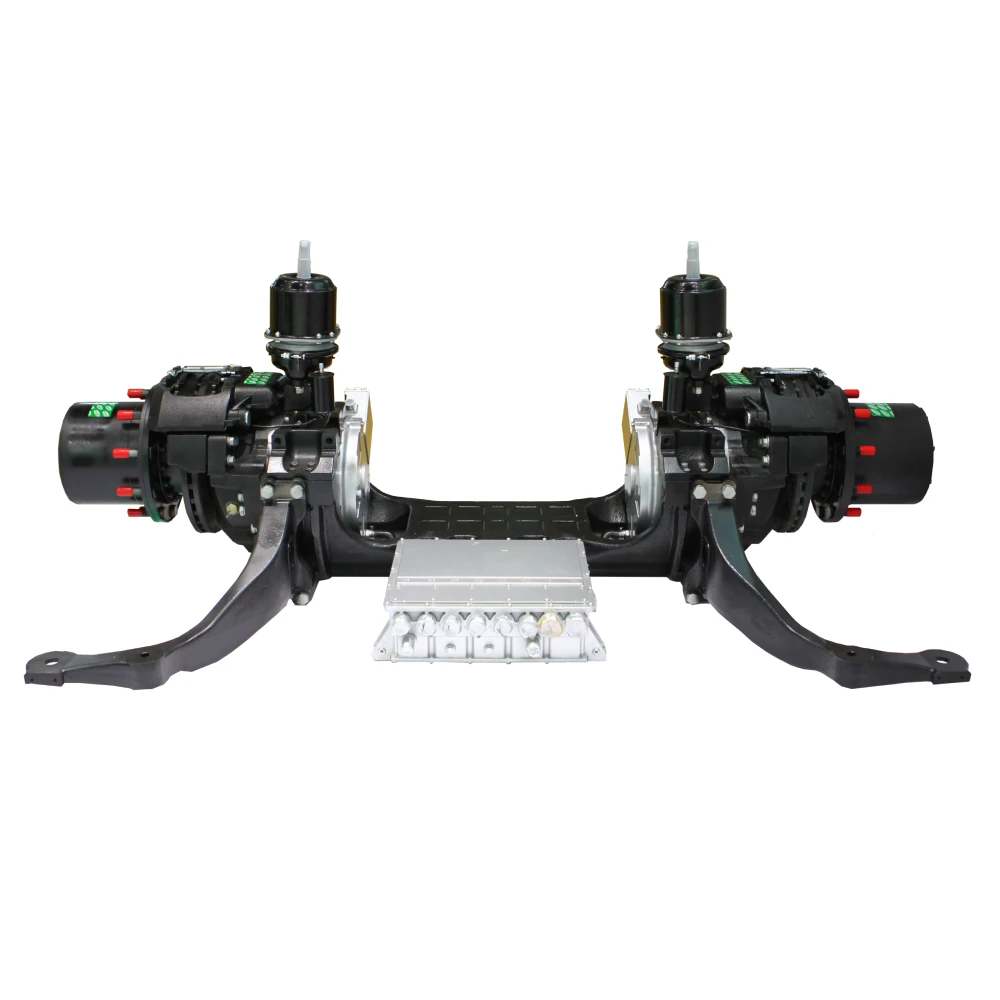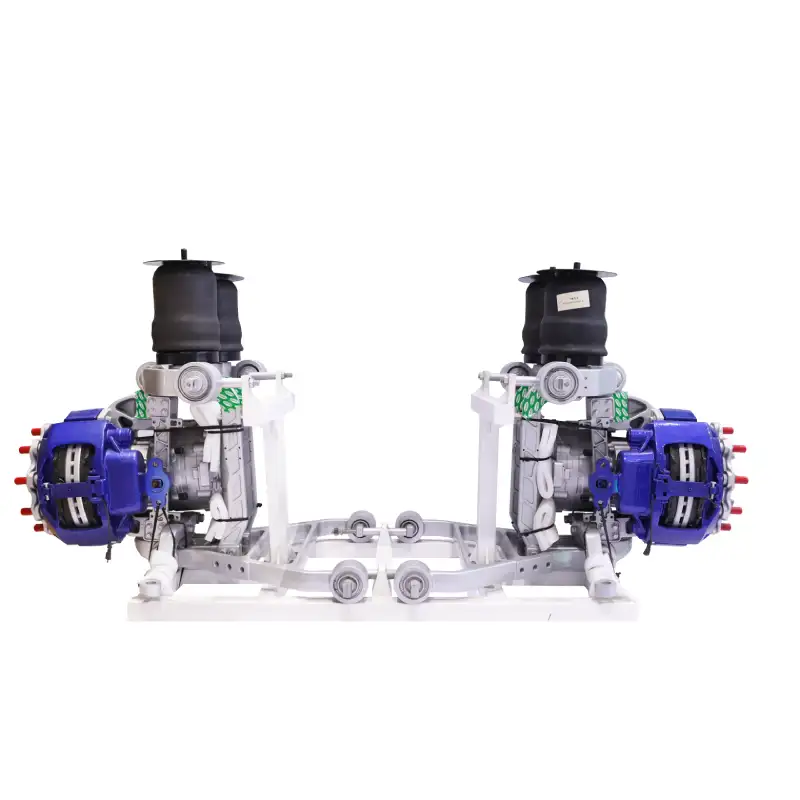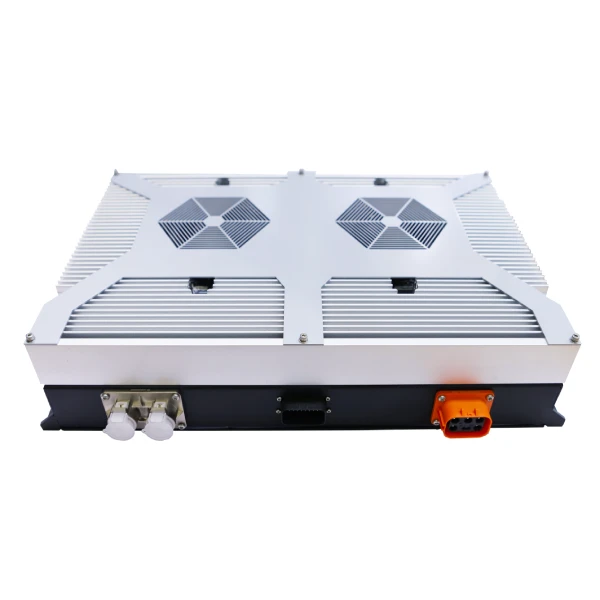Battery Electric Bus Body: Structural Design and Strength Optimization for Lightweight and Safety
Battery Electric Bus Body: Structural Design and Strength Optimization To advance the adoption of electric vehicles and fully capitalize on the energy-saving and emission-reduction benefits of battery electric buses (BEBs), a lightweight electric bus body design is essential. This article presents an overview of topology optimization theory and explores key material options for electric bus body construction, including high-strength steel, aluminum alloys, and carbon fiber composites. It highlights the advantages of advanced materials in improving structural performance and outlines methodologies for analyzing structural loads, optimizing topology, and ensuring strength and reliability. These insights provide valuable guidance for the development, design, and manufacturing of next-generation electric buses, supporting both performance and sustainability goals. Introduction The electric vehicle (EV) sector is undergoing rapid development, particularly in the public transportation segment, where battery electric buses offer significant advantages such as zero emissions, reduced operating costs, and simpler maintenance. However, one of the primary challenges hindering wider adoption is limited driving range. Reducing curb weight – while maintaining safety and structural integrity – is a proven strategy to extend range and improve overall vehicle efficiency. Since the body structure contributes more than one-third of a bus’s total weight, lightweighting the body is a critical focus. By leveraging topology optimization theory and finite element analysis (FEA), engineers can minimize material use while maintaining required levels of stiffness and strength. This approach not only enhances vehicle range but also contributes to long-term energy efficiency and emission reduction goals. 1. Topology Optimization Principles When applying topology optimization to electric bus body design, shape optimization techniques are used to find the most efficient material layout under one or more loading conditions. This approach targets minimum structural stiffness. It starts with developing a digital base model of the bus body, then uses optimization algorithms to remove unnecessary components while retaining critical structural elements. This improves the structural layout’s rationality and reliability. Basic mathematical model of battery electric bus In practice, topology optimization is performed with the following considerations: Analysis Type: Static analysis Element Types: First-order and second-order tetrahedral elements Material Behavior: Liner elastic, elastoplastic, hyperelastic Loading Conditions: Concentrated force, pressure, torque, gravity Boundary Conditions: Displacement constraints Contact Conditions: Bonded and surface contact Connection Types: Rigid and beam connections Objective Function: Maximize stiffness Design Variables: Topology variables Constraints: Volume fraction If the total number of elements is denoted as a, then each element can be represented as y(i = 1, 2, 3, …, a). During the structural optimization process, if the h-th element is determined to be non-essential, it will be assigned a value of yₕ = 0; if it is essential and should be retained, it will be assigned yₕ = 1. The structural optimization design of a pure electric bus body can be carried out using finite element analysis (FEA) combined with variable design methods. 2. Main Types of Electric Bus Materials The evolution of bus body materials reflects a broader shift toward lightweight and high-performance materials. Initially dominated by steel (over 90% of body structure), the industry has gradually shifted toward aluminum alloys and carbon fiber composites. This shift is driven by the demand for lightweight, energy-efficient, and low-emission vehicles. High-Strength Steel (HSS): Created by adding trace elements to low-carbon steel and undergoing specialized rolling processes. It offers tensile strength up to 420 N/mm² and excellent deep-drawing properties, making it a strong candidate for lightweight structural components. Aluminum Alloys: Compared to steel, aluminum alloys have a lower density (2.7 g/cm³), higher specific strength, good corrosion resistance, thermal stability, and recyclability. These advantages make aluminum alloys widely used for lightweight applications. Carbon Fiber Composites: Composed of carbon fiber bundles and resin, these materials offer exceptional high tensile strength (often over 3500 MPa), high stability, and resistance to deformation during impact. Carbon fiber composites can significantly enhance passive safety and are more than twice as durable as steel. With increasing demand for extended range, pure electric buses have transitioned from using high-strength steel to aluminum alloy bodies, which reduce body weight by 25%-35%. Modern aluminum alloy components are often assembled using rivets and bolts rather than traditional welding, and stamped aluminum parts have replaced conventional steel panels. Aluminum alloys also offer high recyclability, with recovery rates exceeding 85% when vehicles are retired. Skeleton layout of 10.5 m battery electric bus aluminum alloy roof Skeleton layout of 10.5 m pure electric bus aluminum alloy bone around on the left side Skeleton layout of 10.5 m pure electric bus aluminum alloy bone around on the right side 3. Performance and Cost of Advanced Automotive Materials Advanced materials and manufacturing processes are key drivers of automotive innovation. High-Strength Steel: Offers 15%-25% higher strength than standard steel, with better balance and 20% improved corrosion resistance. However, it requires additional anti-corrosion treatments to meet durability requirements. Aluminum Alloys: In a 10-meter bus, switching from steel to aluminum components can reduce body weight by over 450 kg. Aluminum also provides superior thermal insulation and vibration damping compared to steel. Manufacturing methods such as hot forming, die casting, and precision machining enhance part performance and structural integrity. Carbon Fiber Composites: Carbon fiber’s strength and stiffness per unit weight surpass all other commonly used materials. It absorbs 4-5 times more impact energy than steel and can reduce body weight by over 40%, while enhancing safety and aesthetic appeal. However, its high cost restricts its applications to high-end or specialized vehicles. Relative Costs: Steel: Lowest cost Aluminum Alloys: Moderate cost Carbon Fiber Composites: Highest cost 4. Structural Load Analysis and Topology Optimization of Battery Electric Bus Body The structural design of a battery electric bus must comply with the requirements outlined in relevant national standards and the specific design brief. This includes determining the vehicle’s primary exterior dimensions – such as length, width, height, wheelbase, front overhang, and rear overhang – while ensuring a balanced and harmonious overall appearance. Effective spatial arrangement of the driver’s cabin and passenger area is essential for optimal internal layout. The number, position, and minimum dimensions of passenger doors and emergency


